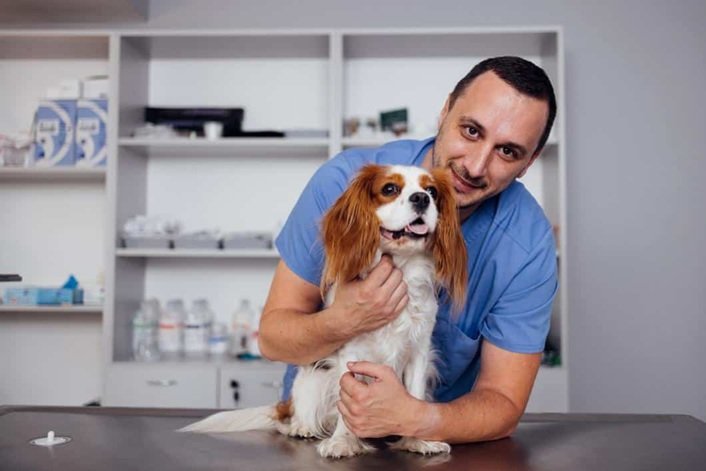Caring for a senior pet can be daunting, but you’re not alone. Animal hospitals play a crucial role in supporting your pet’s wellness as they age. A trusted veterinarian in Fleetwood can provide you with guidance and support. They focus on three key areas: regular check-ups, tailored nutrition, and early detection of health issues. Regular check-ups are crucial for monitoring your pet’s health. Tailored nutrition helps meet their changing needs, ensuring they stay strong and active. Early detection helps catch potential problems before they worsen. Your pet’s comfort and happiness are priorities. These professionals possess the skills and empathy needed to extend your pet’s quality of life. By working with these experts, you’re taking an essential step in providing the care your senior pet deserves. Embrace their support and expertise to ensure your pet ages gracefully and comfortably. Your pet’s well-being is in compassionate hands.
Understanding Your Senior Pet’s Needs
Senior pets require more specialized care. As pets age, their bodies change and may become more susceptible to illnesses. Understanding these changes is the first step in providing the right care. Animal hospitals offer insights into common age-related conditions such as arthritis, diabetes, and dental disease. Regular visits to the vet will help you recognize symptoms early. This proactive approach can lead to more effective treatments and better outcomes for your pet.
Importance of Regular Veterinary Check-Ups
Regular veterinary check-ups are essential for monitoring your pet’s health. These visits provide a full assessment and help identify any potential issues early. Routine exams may include blood tests, dental checks, and weight monitoring. For more information on what to expect, visit the American Veterinary Medical Association.
Tailored Nutrition for Senior Pets
Diet plays a significant role in your senior pet’s health. As metabolism slows, nutritional needs change. Specialized diets can support joint health, improve digestion, and maintain a healthy weight. Consider discussing dietary options with your vet to choose the right food for your pet. Tailored nutrition ensures your pet receives necessary nutrients without overeating.
Early Detection of Health Issues
Early detection of health issues is critical for successful treatment. Regular screenings can catch diseases like kidney failure or heart problems before they become severe. Vets use various tests to monitor organ function and detect early signs of disease. By catching problems early, you can ensure your pet receives suitable interventions promptly.
Preventive Care and Vaccinations
Preventive care is essential for maintaining your senior pet’s health. Vaccinations, flea control, and heartworm prevention are necessary practices. These measures protect your pet from serious illnesses and parasites. Talk to your veterinarian about the best preventive care plan for your furry friend.
Comfort and Pain Management
Pain management becomes increasingly important for senior pets. Arthritis and other conditions can cause discomfort. Vets can recommend therapies and medications to alleviate pain. Non-invasive treatments like acupuncture or physical therapy may also be helpful. These options can improve your pet’s quality of life significantly.
Monitoring Behavioral Changes
Behavioral changes can indicate underlying health issues. Watch for changes in your pet’s activity level, appetite, or sleeping patterns. These signs may suggest discomfort or illness. Discuss any changes with your vet to address potential problems quickly.
| Aspect | Puppy/Kitten | Senior Pet |
|---|---|---|
| Nutrition | Growth-focused | Maintenance-focused |
| Exercise | High activity | Moderate activity |
| Check-Ups | Routine | Frequent |
The Role of Technology in Senior Pet Care
Technology offers exciting opportunities in senior pet care. Advanced diagnostic tools and telemedicine services enhance access to veterinary care. Wearable devices can monitor your pet’s activity levels and health stats. These innovations provide valuable insights and allow for timely interventions.
Conclusion
Animal hospitals are vital partners in managing your senior pet’s wellness. They provide the expertise and resources needed for your pet’s health journey. Through regular check-ups, personalized care, and early detection, you ensure your pet enjoys a comfortable and happy life. For further guidance, explore resources like the ASPCA. Remember, with the right support, your beloved pet can enjoy their golden years to the fullest.



